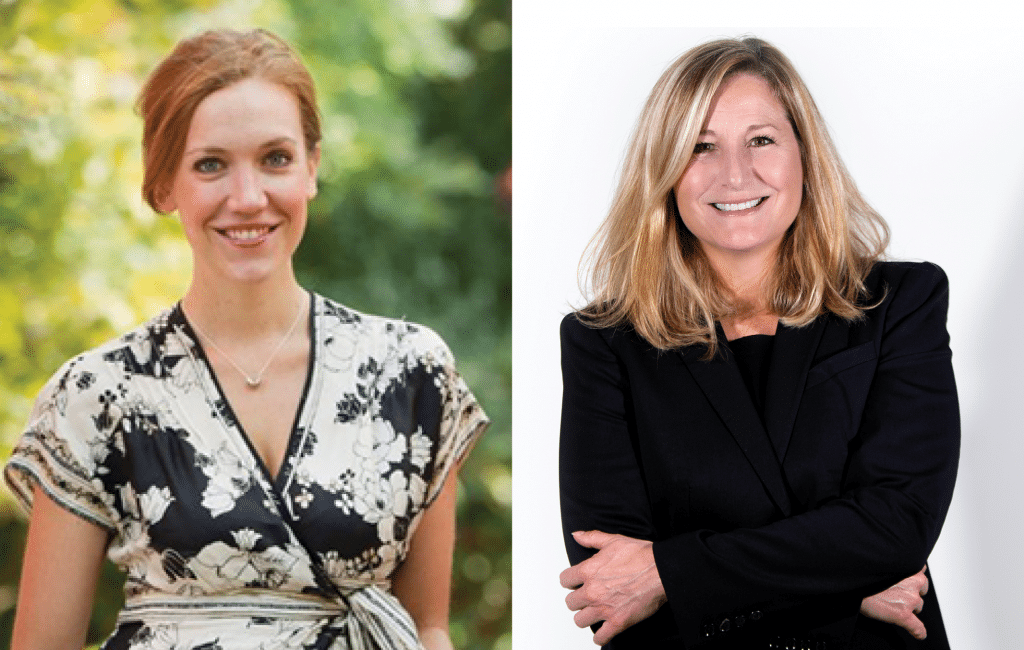Webinar
State Policy, Redefine Student Success, Create Meaningful Qualifications, Redesign Accountability Systems for Continuous Improvement, Build Balanced Systems of Assessments, Develop Educator Capacity, Modernize and Diversify the Educator-Leader Workforce, Create Pilots and Innovation Zones, Base Learning on Mastery Not Seat Time, Fund Innovation, Create Enabling Conditions for Competency-Based Education
A Promise for Equitable Futures: Enabling Systems Change to Scale Educational and Economic Mobility Pathways
Fewer than one in five American students follow a clear and uninterrupted path from high school through college to career. The promise of a public education is to prepare all learners to engage in, contribute to, and achieve purpose in the world, both as it is today and as it will be tomorrow. And yet, the American education system as we know it is insufficient to realize this commitment.
This fall, Aurora Institute published a book, A Promise for Equitable Futures: Enabling Systems Change to Scale Educational and Economic Mobility Pathways, which issues a call to action to states to enact a Learner Promise: a commitment that every learner will have access and support to pursue pathways with system-wide opportunities that guarantee entry into meaningful, chosen careers that will build social and economic capital over the course of their lives. Operating under this promise, states would enact systems of governance, policy, and infrastructure to certify that learners who demonstrate competencies in K12, postsecondary, workforce, and community settings along supported pathways with access to continuing education and a purposeful, living-wage career. States would commit to taking the systemic policy actions necessary to disrupt inequities in access, engagement, and attainment for Black, Latinx, Indigenous, and low-income students. And, states would reimagine education not as a linear, time-bound sequence of learning that occurs within institutions of formal education, but as a learning ecosystem: an equitable, dynamic, and responsive system in which learners can customize their learning experiences as they navigate learning experiences and pathways across schools, workplaces, and communities. Join this webinar to hear from authors Dr. Katherine Casey and Susan Patrick and learn about the book’s findings, conditions for scaling innovations, and 14 policy recommendations and strategies for action.
Presenters:

- Dr. Katherine Casey, Founder and Principal, imaginEDU | @katherinebcasey
- Susan Patrick, President and CEO, Aurora Institute | @susandpatrick